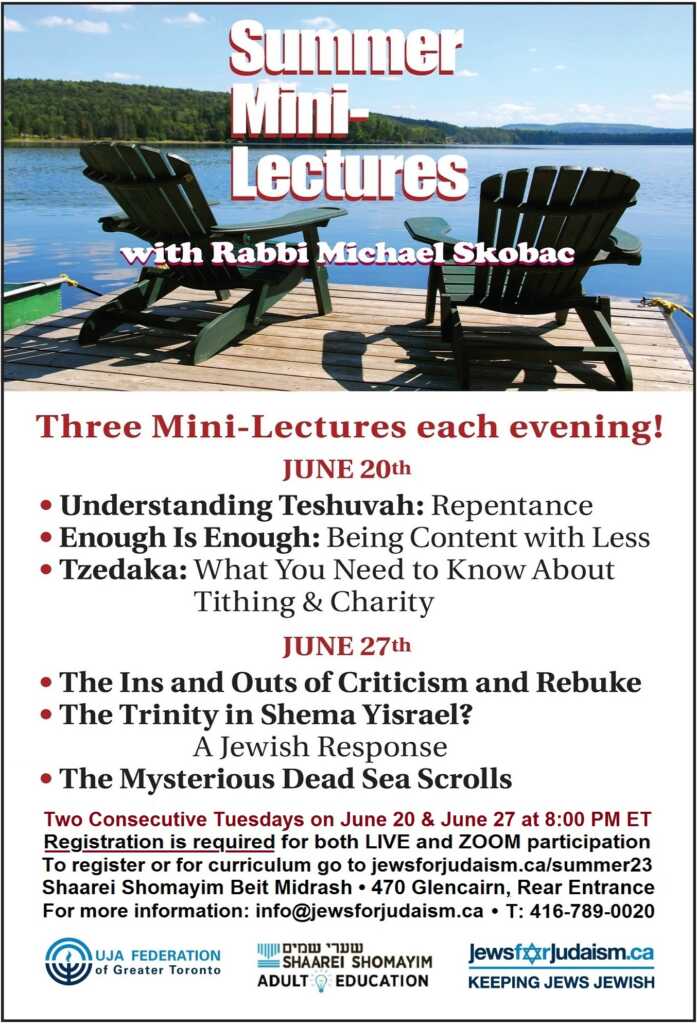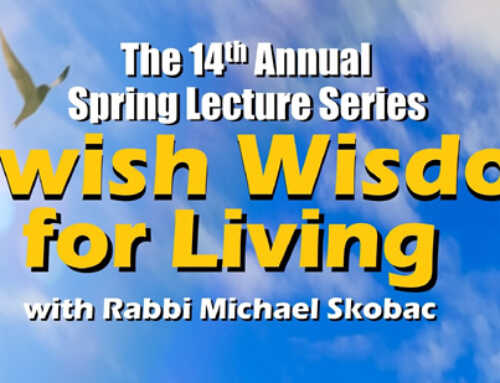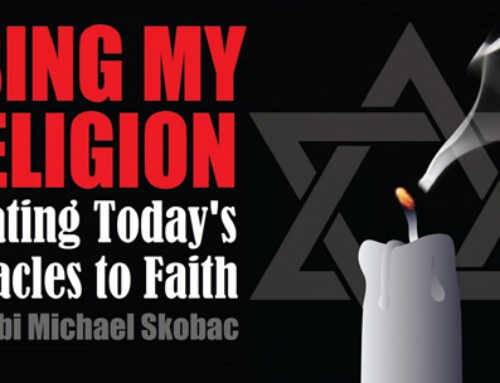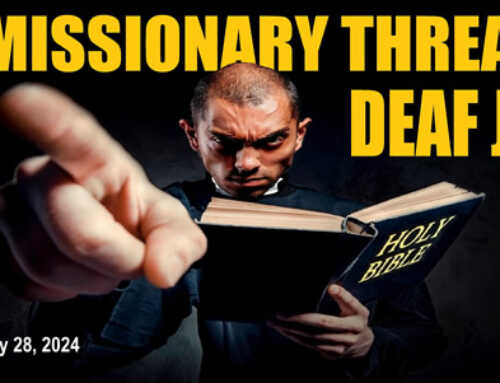Jews for Judaism’s Summer Mini-Lectures with Rabbi Michael Skobac
Three mini-lectures each evening!
REGISTRATION FORM BELOW
Two Consecutive Tuesdays – June 20 & 27, 2023 at 8:00 PM ET
Shaarei Shomayim Beit Midrash, 470 Glencairn Ave., Toronto, Rear Entrance.
Both LIVE or ZOOM attendance available • Registration required for LIVE and/or ZOOM
To register, complete form below and click send. ZOOM Login ID & PW will be emailed about 48 hours before program.
For more info: info@jewsforjudaism.ca • Tel: 416-789-0020
• Session #1 • June 20, 2023 • 8 PM ET
- UNDERSTANDING TESHUVAH: RepentanceeThe Bible teaches that even righteous people sometimes sin. How do we proceed in life when we recognize we have done wrong? G-d has provided an avenue which is miraculous in nature. Through the process of repentance, we have the ability to rewrite the past and erase our mistakes as if they never happened. Our sages went further and taught that if we undertake the process of repentance out of love – our past misdeeds become transformed into meritorious ones. This program will explore the amazing institution of Teshuvah – repentance.rspectives .
- ENOUGH IS ENOUGH: Being Content with LessEveryone pursues a life of happiness, and often we fall into the trap of believing that having more translates into more happiness. The sages of the Talmud wisely taught that the happy person is the one who is satisfied with what they have. Unless we are able to live this truth, we are prone to constantly seek more and more and yet never feel that it is enough. In this lecture, we will discuss the important topic of whether having more means being more. .
- TZEDAKA: What You Need to Know About Tithing & CharityThere is a world of difference between tzedakah and charity. Charity, like its relative charisma, is based upon how someone feels. Feeling charitable and generous is often the by-product of feeling sorry and empathetic to people in need. But the meaning of tzedakah traces back to the word justice. Giving is not supposed to flow from feelings of sympathy or kindness. Tzedaka assumes that our possessions are not fully ours. We are stewards over the resources that G-d has entrusted to us. Giving to those in need doesn’t flow from my feelings of generosity – it is a requirement based upon what is just and right. This talk with delve into the vital Biblical commandment to give tzedakah.
• Session #2 • June 27, 2023 • 8 PM ET
- THE INS AND OUTS OF CRITICISM AND REBUKEWe live in a culture that generally believes we should mind our own business. However, the Torah teaches that we have a responsibility to care about others and give them honest, constructive feedback when they are not behaving appropriately. If we fail to reprove others, we bear some responsibility for their misbehaviour. However, the Torah also teaches that we must not give rebuke in a manner where we would be acting sinfully. In this lecture, we will be discussing the parameters of the obligation to reprove others and how it can be done properly.
- THE TRINITY IN SHEMA YISRAEL? A Jewish ResponseChristian missionaries don’t shy away from theologically placing their heads into the mouth of a lion. It’s hard to understand how they can try and prove their doctrine that God is a trinity from the clearest verse in the Bible that teaches God is One. Yet this is exactly what they do in insisting that the famous verse of Deuteronomy 6:4, ‘Hear O Israel, the Lord is our G-d, the Lord is One’ actually teaches that the Creator should be understood as a composite of three divine persons. This program will analyze and refute this bizarre claim.
- THE MYSTERIOUS DEAD SEA SCROLLSIn 1947, a Bedouin shepherd discovered some clay jars in a cave in Qumran containing some ancient scrolls which was one of the most important archaeological discoveries in history. Soon afterward, almost 1,000 scrolls were found in eleven nearby caves dating back to Second Temple period of Jewish history. Scholars have been analyzing these documents for decades, trying to determine who wrote them, why they were hidden in these caves, and what their contents might contribute to our understanding of this period of Jewish history. This presentation will discuss this fascinating story and explore some of its implications.





